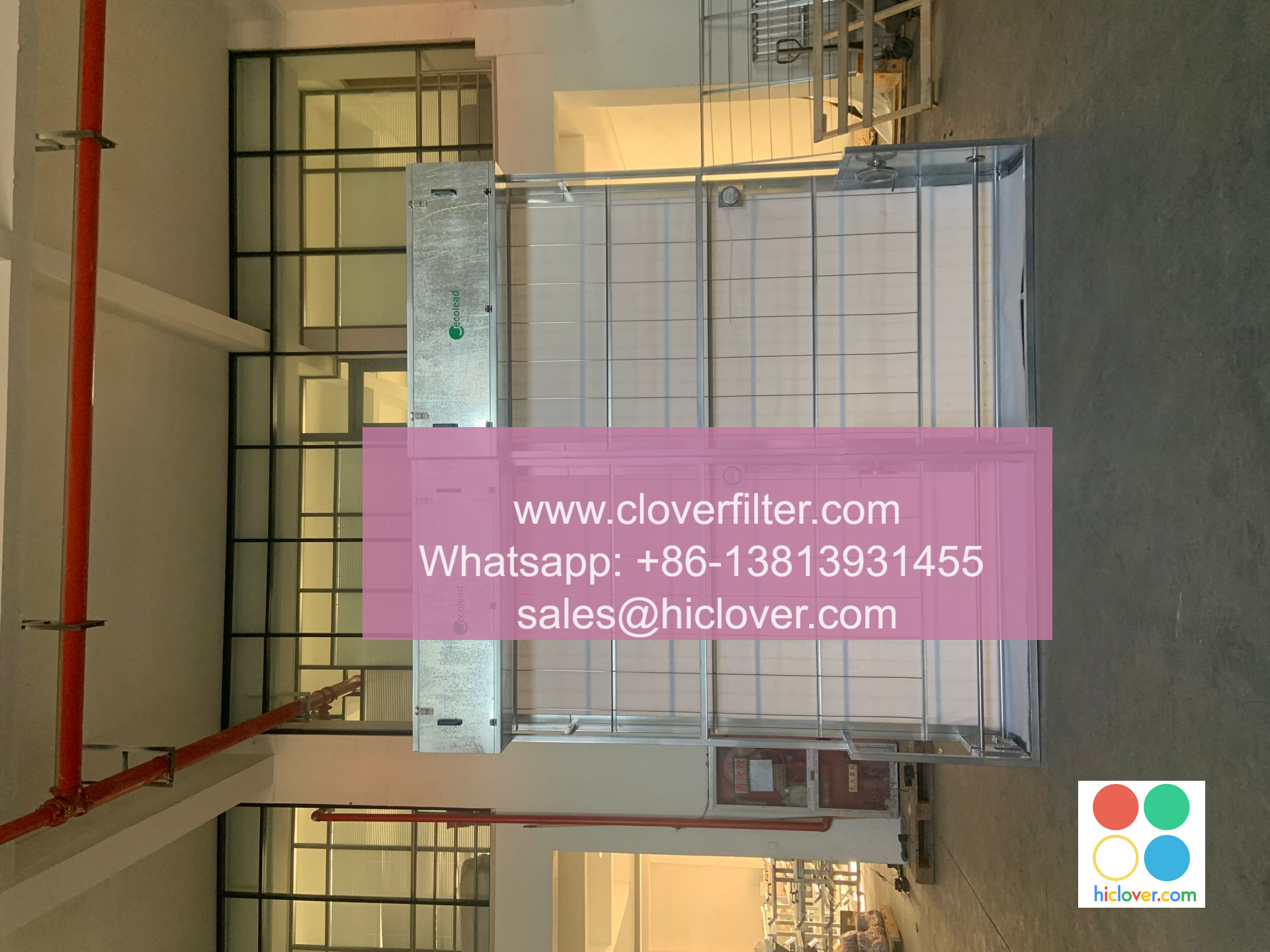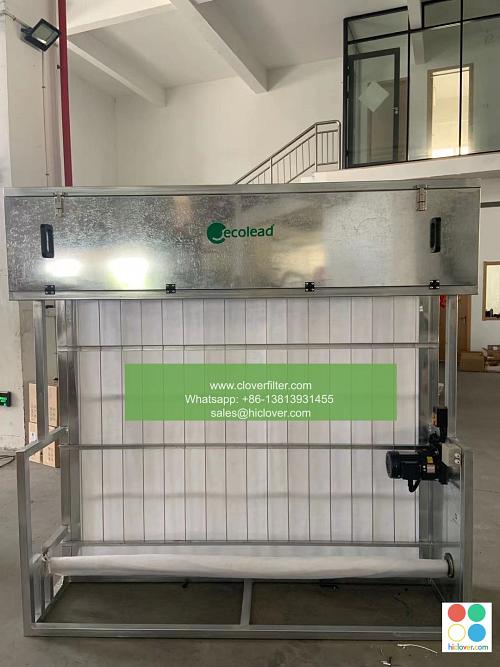Dust Collection in Industrial Settings: Importance of Efficient Air Filtration

Industrial settings, such as manufacturing facilities, construction sites, and warehouses, are prone to generating large amounts of airborne dust and particulate matter. This can lead to a range of issues, including respiratory problems for workers, equipment damage, and environmental pollution. In this article, we will explore the importance of efficient air filtration in industrial settings, highlighting various application areas and the benefits of effective dust collection systems.
Health and Safety Risks of Dust in Industrial Settings
Dust in industrial settings can pose significant health and safety risks to workers. Inhalation of dust particles can lead to respiratory problems, such as silicosis, asbestosis, and chronic obstructive pulmonary disease (COPD). Additionally, dust explosions can occur when combustible dusts are ignited, causing severe injuries and fatalities. It is essential to implement effective dust collection systems to mitigate these risks and ensure a safe working environment.
Types of Dust Collection Systems
There are several types of dust collection systems available, including:
* Cyclone dust collectors: These systems use centrifugal force to separate dust particles from the air.
* Baghouse dust collectors: These systems use filter bags to capture dust particles.
* Cartridge dust collectors: These systems use filter cartridges to capture dust particles.
* Wet dust collectors: These systems use water to capture and remove dust particles.
Application Areas for Dust Collection Systems
Dust collection systems have a wide range of application areas, including:
* Manufacturing facilities: Dust collection systems are used in various manufacturing processes, such as metalworking, woodworking, and food processing.
* Construction sites: Dust collection systems are used to control airborne dust and particulate matter generated during demolition, renovation, and construction activities.
* Warehouses: Dust collection systems are used to control airborne dust and particulate matter generated during material handling and storage activities.
* Mining and quarrying: Dust collection systems are used to control airborne dust and particulate matter generated during mining and quarrying activities.
Benefits of Efficient Air Filtration
Efficient air filtration is crucial in industrial settings, offering several benefits, including:
* Improved indoor air quality: Efficient air filtration systems can remove up to 99.97% of airborne dust and particulate matter, improving indoor air quality and reducing health risks.
* Increased equipment lifespan: Efficient air filtration systems can help reduce equipment damage caused by dust and particulate matter, increasing equipment lifespan and reducing maintenance costs.
* Environmental benefits: Efficient air filtration systems can help reduce environmental pollution by capturing and removing airborne dust and particulate matter before they are released into the atmosphere.
Conclusion
In conclusion, dust collection in industrial settings is crucial for maintaining a safe working environment, reducing health risks, and minimizing environmental pollution. Efficient air filtration systems are essential for removing airborne dust and particulate matter, and can offer several benefits, including improved indoor air quality, increased equipment lifespan, and environmental benefits. By implementing effective dust collection systems, industrial facilities can ensure a healthy and productive work environment, while also reducing their environmental impact. Prompt

